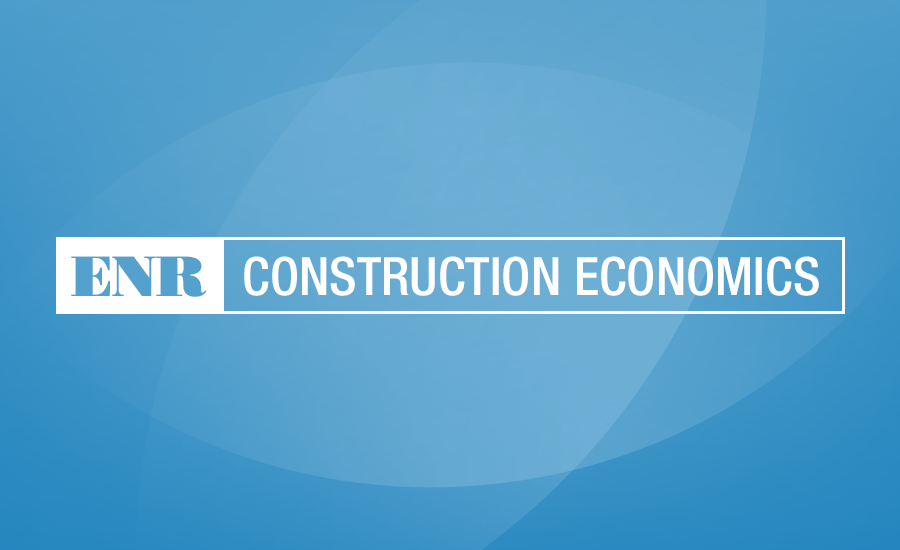India’s largest and oldest state-owned insurer, Life Insurance Corporation of India (LIC), is next in line to get listed on domestic stock exchanges, following a spree of Indian unicorns.
The government is banking on the LIC listing, along with the sale of another state-run giant, Bharat Petroleum (BPCL), to meet its disinvestment (asset-reduction) target of 1.75 lakh crore rupees ($23.5 billion). However, the IPO is being delayed by numerous obstacles, including its valuation, feasibility, and legal issues.
Foreign investors are interested in LIC, but are currently not allowed to participate in the IPO. That could change soon, however, with the government saying on Jan. 6 that it is close to finalizing a revised policy for foreign direct investment (FDI), normally highly restricted in India. A Rs90,000 crore ($12 billion) IPO is on the cards for March 2022.
Why is it necessary to revise FDI policy?
The current FDI policy does not apply to LIC, because the 65-year old insurance company is administered through a specific law, the LIC Act. That law has no provision for foreign investments, so the changes are needed to align with broader regulatory norms regarding FDI. First, there must be a decision on the percentage of LIC shares that can be made available to foreign investors, before the changes are sent to India’s cabinet.
In March 2021, the Indian parliament increased the FDI limit in the broader insurance sector from 49% to 74%. In September, Reuters reported that the Indian government is considering allowing foreign investors to buy up to 20% of LIC.
Another concern is the valuation of LIC, which is a complex process because of its size, product mix, real estate assets, subsidiaries and profitability sharing structure. The size of the share sale depends on the valuation.
Can the government meet its disinvestment target for 2021-22?
In the Union Budget speech in 2021, finance minister Nirmala Sitharaman announced that the government will complete the disinvestment of Shipping Corporation of India, Air India, Neelachal Ispat Nigam, Container Corporation of India, IDBI Bank, BEML, and Pawan Hans, among others, in the current fiscal year. Sitharaman also talked about the privatization of two state-owned banks and one insurance company.
The landmark sale of Air India to Tata Group for Rs18,000 crore, in October 2021, gave the government confidence that it could achieve its ambitious disinvestment target.
However, the chances of meeting the target seem bleak (pdf), with the government shy of around Rs60,000 crores, just three months before the financial year closes. The LIC IPO and the privatization of BPCL are expected to supply more than a third of its disinvestment revenue.
While the sale of BPCL—approved in November 2019—and IDBI Bank are unlikely to happen before the financial year ends, the LIC IPO is expected to dilute 10% of the government’s stake in the company.
The Indian government habitually misses its annual disinvestment targets. Since 2010, its revenue from disinvestment has consistently fallen short of official estimates, with the financial years of 2017-2018 and 2018-2019 the only exceptions.
Note: This article have been indexed to our site. We do not claim legitimacy, ownership or copyright of any of the content above. To see the article at original source Click Here












